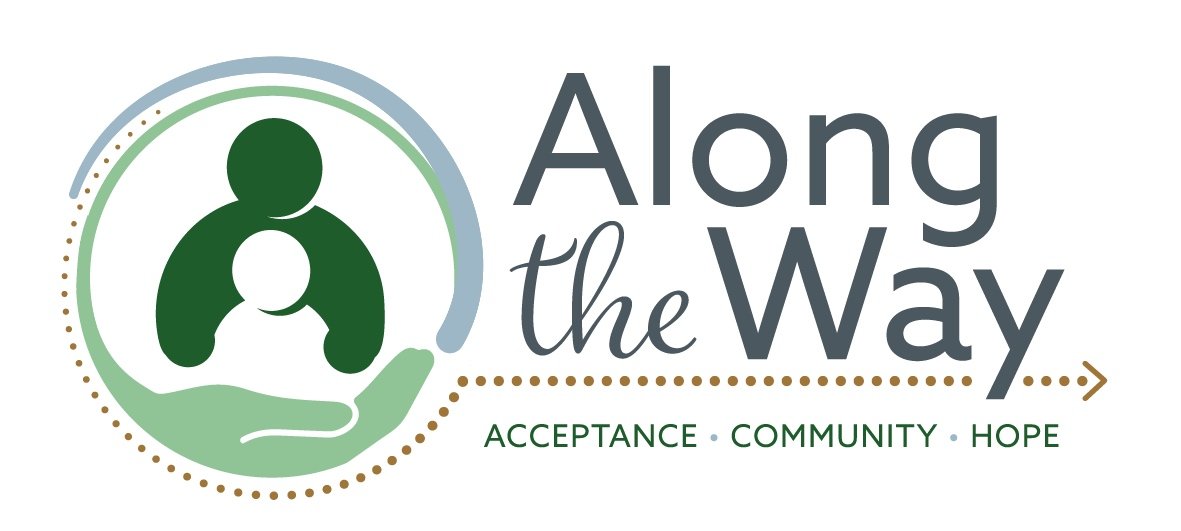Talking to your kids about their peers with special needs
If you’ve never had anyone close to you with special needs, it can be intimidating to know how to interact, what to do, or what to say. Children likely don’t understand at all why a peer of theirs may look, sound, or act different from them. As we’re moving into more inclusive times, it’s important to address this topic with your children, to help equip them.
Integrity Inc. recommends starting by explaining what kind of special needs others may have such as something physical, and they may be in a wheelchair, and something they may not be able to see, like autism. Provide a safe space for your children to ask questions. Be sure to react calmly to their questions, and give them the answers and information they need. This opens the door to them feeling comfortable to ask questions in the future.
Remind your kids that children with disabilities are similar to them: they deserve love, respect, and kindness. They want to feel included. Encourage your kids to introduce themselves just like they would to other children.
Here are a few tips from Baylor University about talking to kids ages 5-9 about other special needs kids:
Focus on concrete thinking: Young children internalize most information literally, so build concrete thinking skills by focusing on facts, not imaginations or implicit biases.
Identify differences and similarities: Just as children may be able to see visible differences, they can point out traits they share with others.
Humanize others: When a child takes notice of a person who is different from them, encourage the child introduce themselves and ask the other person’s name.
Balance curiosity with respect: Remind them that it’s OK to ask questions, but they should be thoughtful and respectful.
For speaking to kids ages 10-11, here are a few additional tips:
Focus on emotional thinking: Older children are beginning to associate feelings with specific experiences. Ask them to unpack how they feel after an interaction with someone new.
Address conflicted feelings: Some students may feel they are being watched or judged by their peers when they choose to be inclusive of others. Talk about these tendencies to care more about social perceptions than the social good.
Normalize confusion: Let children know that it’s understandable to feel confused about how to best include others, but emphasize the importance of overcoming that fear and not singling others out.
Discuss social structures: Around this stage of development, children may form social groups or cliques. Talk candidly about the harm in excluding others because of perceived differences
For more tips about talking to kids ages 12-17, you can read more here.
Dr. Elbaum, M.D. notes that no two children are the same and it won’t always be clear or easy to communicate with children with special needs, but that’s okay. Every situation will be different. Reaching out to the parent or teacher of a special needs child and asking questions can be helpful to let your child know how their peer best interacts.
At the end of the day, everyone wants to be treated kindly and with respect. No one likes feeling embarrassed or excluded. Do your best to take the steps to educate your children, so they are set up for success when meeting peers with special needs. Treat others how you would like to be treated!



